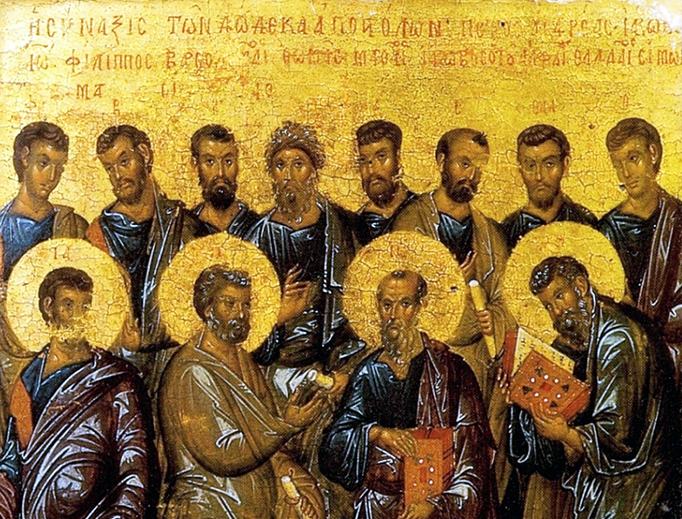By Mary Harrington, First Things, April 2024
Mary Harrington is a columnist at UnHerd.
From the standpoint of social development, the family cannot be considered the basis of the authoritarian state, only as one of the most important institutions which support it. It is, however, its central reactionary germ cell, the most important place of reproduction of the reactionary and conservative individual. Being itself caused by the authoritarian system, the family becomes the most important institution for its conservation.
—Wilhelm Reich, The Mass Psychology of Fascism (1933)
We’re all familiar with the policy debates that surround the family. How does the tax code interact with family stability and the needs of children? Who should care for children, and how is this care to be supported? What are the ethical implications of fertility technology? But behind all these issues is the hard problem of human nature. Thinking about the family—and especially about children—we soon find ourselves tripping over the question of what a family is, what its normative patterns are, and why. In other words, questions of human nature. What is a person? Do we have a nature? Does normal even exist?
At the inception of modernity, Francis Bacon set out to put nature “to the question.” The scientific revolution heralded by Bacon’s words enabled an explosion of innovation and commerce, alongside a growing sense that we were no longer bound by the givens of creation but destined to master them. …







